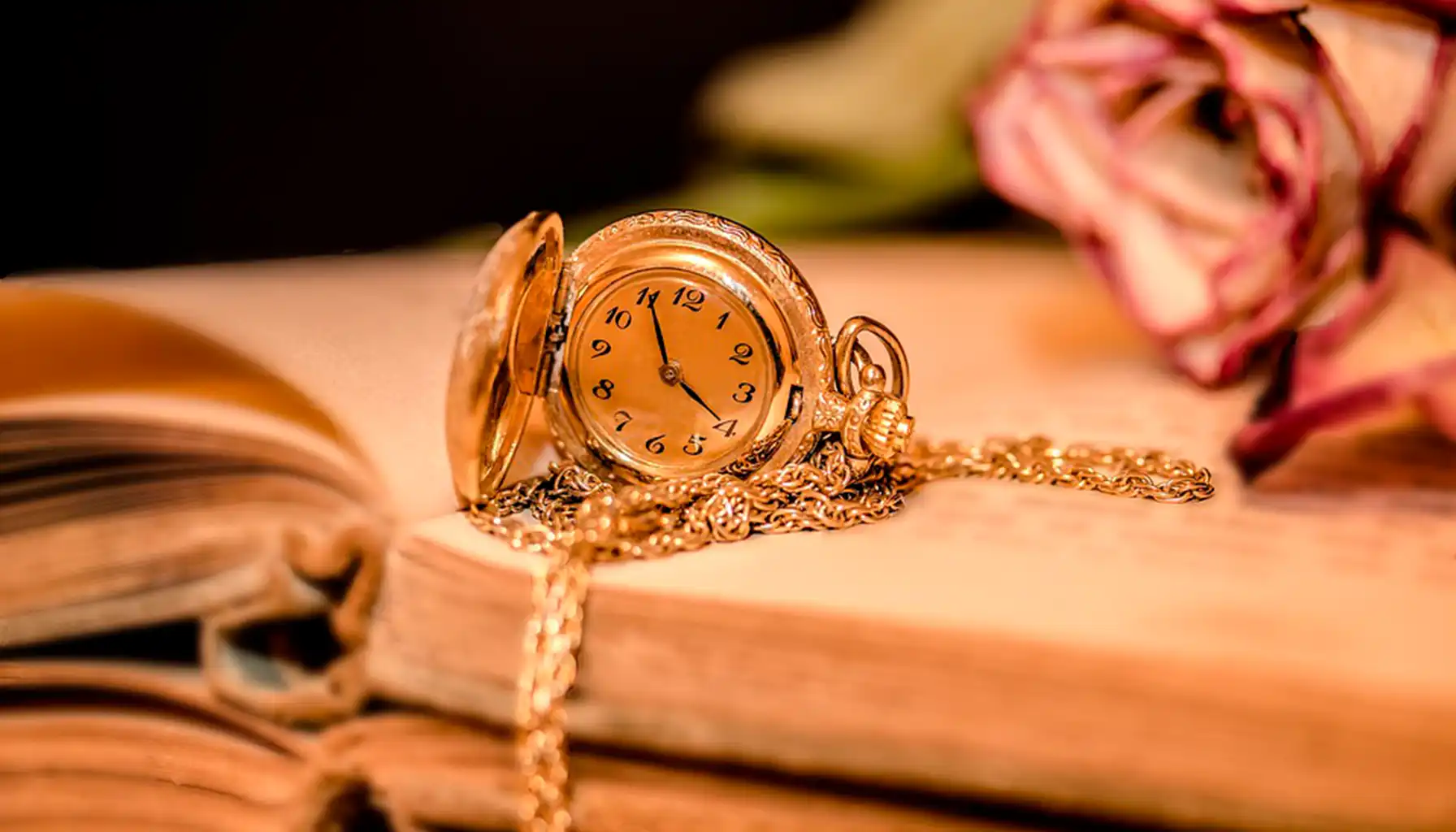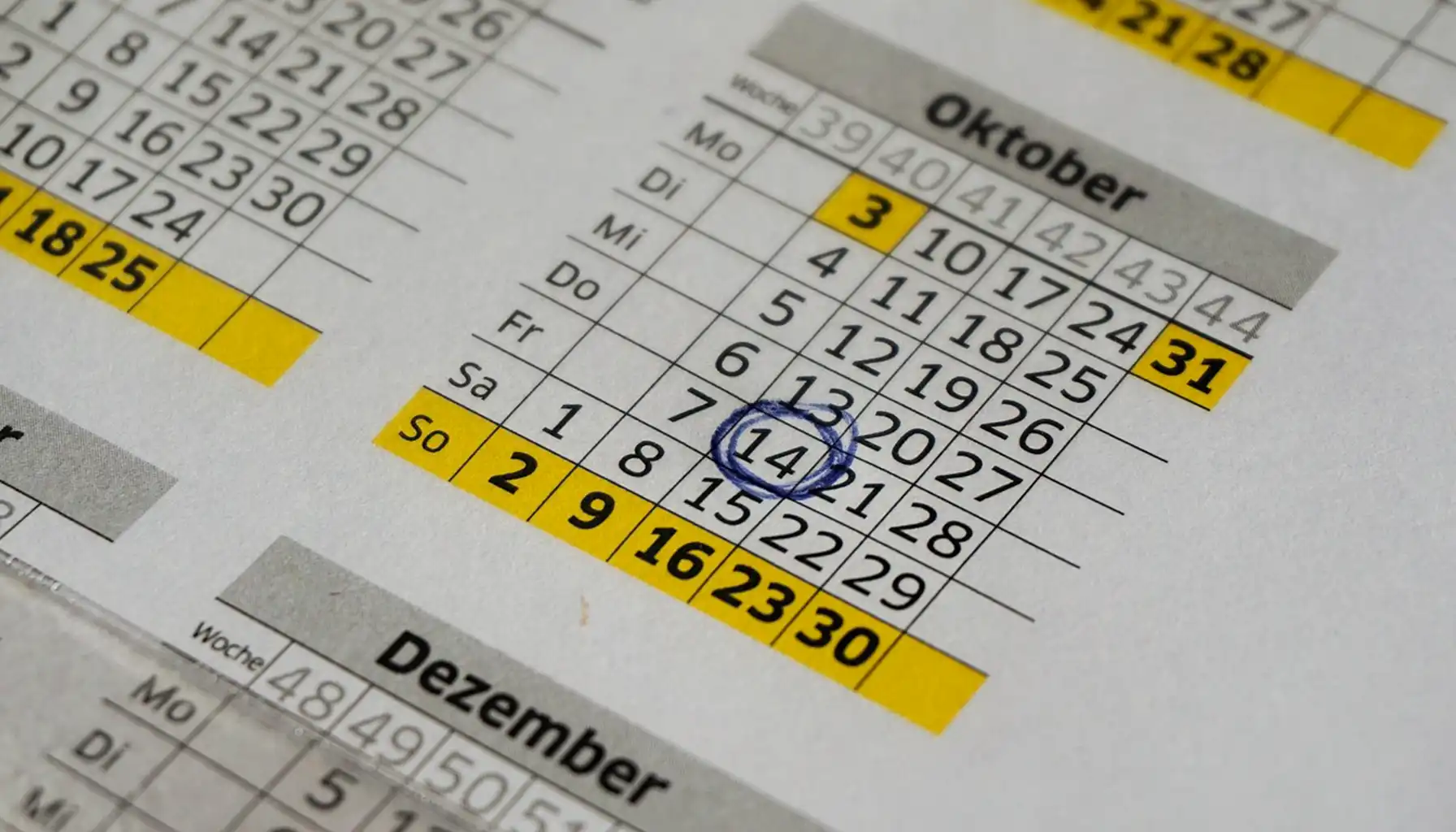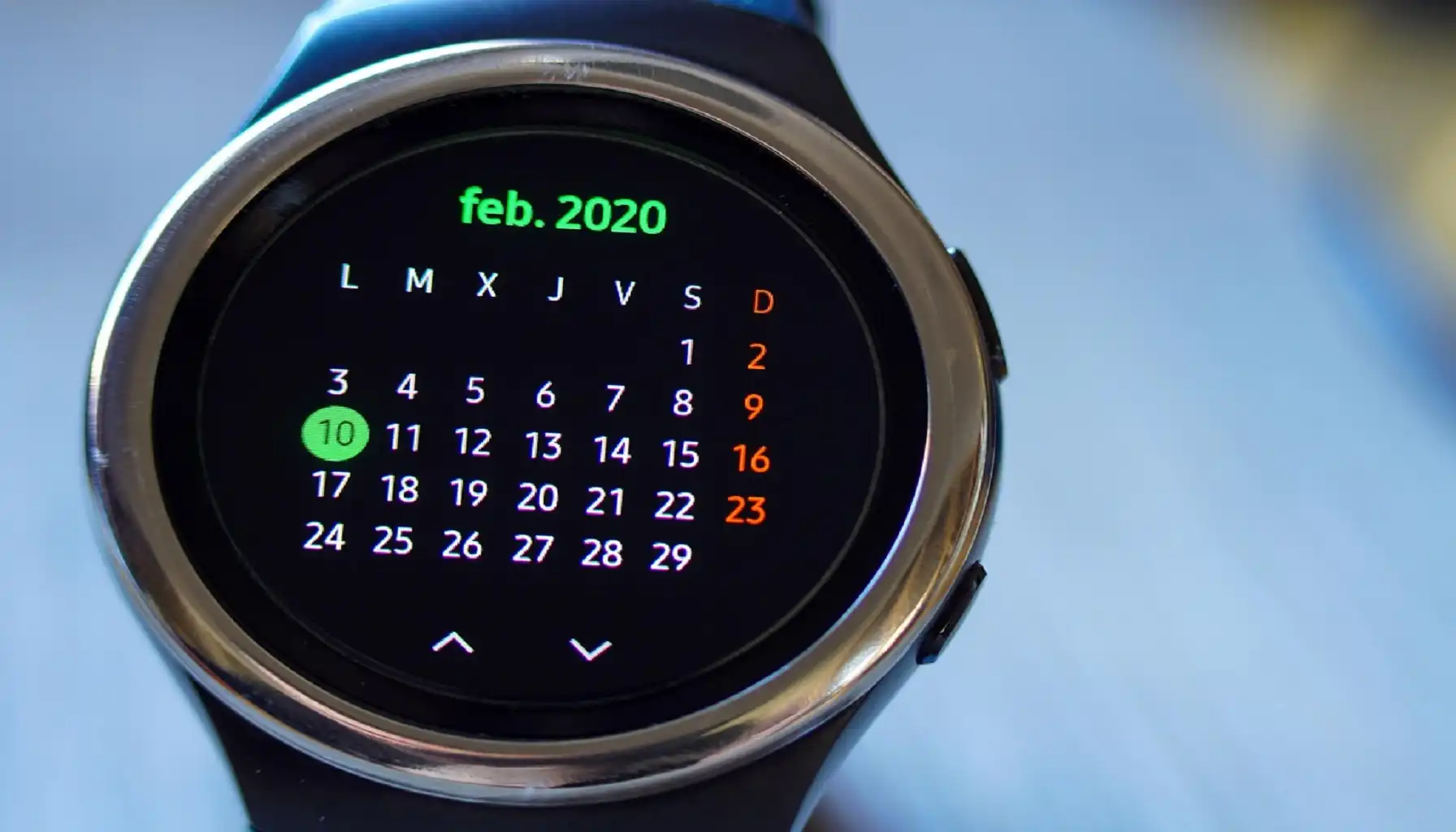Contents:
- Chronophobia Meaning and Time Perception
- Chronophobia Definition in Psychology
- What Does Chronophobia Mean in Everyday Life
- Chronophobia Symptoms
- The Fear of Time and Сultural Associations
- What is the Fear of Time in Different Groups?
- What Causes Chronophobia?
- Chronophobia Evaluation
- Chronophobia Treatment
- How to Deal With Chronophobia?
- Definition of Chronophobia and Its Consequences
Chronophobia is an anxiety disorder in which time becomes a source of fear rather than an abstract concept. A person feels as if it’s slipping away or pressing down with its inevitability, leaving no room for control. Those who experience this condition often describe it as if haunted by an ‘invisible enemy’ that reminds them of their finiteness.
Unlike ordinary thoughts about age or mild regrets about lost opportunities, here we are talking about serious anxiety, panic attacks and obsessive thoughts that can interfere with life. Therefore, it’s important to understand the answer to the question “what is chronophobia?” and be able to distinguish it from natural worries about the future that everyone experiences.
Simple mind games online help train concentration, increase flexibility of thinking and gradually reduce anxiety levels, allowing you to regain a sense of control at least in small steps.

Chronophobia Meaning and Time Perception
Chronophobia meaning is not simply associated with the fear of aging or approaching death. It’s a deeper sense of loss of control, when each day feels like a step toward the inevitable. A person may feel time accelerating or, conversely, slowing down. In extreme cases, it’s an experience that life is losing its reality.
Sometimes this is accompanied by obsessive attention to calendars, clocks, and even sounds that mark the passing of time. People begin to avoid dates that symbolize life moving forward: jubilees, holidays, anniversaries. As a result, isolation and a feeling of alienation from the outside world increase, as if the flow of life were separate from them.
Chronophobia Definition in Psychology
In medical practice, chronophobia is classified as a specific phobia. Unlike rational anxiety, this condition is accompanied by strong physiological reactions.
To define chronophobia, it’s important to consider the DSM-5 criteria: symptoms lasting at least 6 months, irrationality of fear and significant impairment in quality of life.
Psychiatrists also pay attention to the connection with other anxiety disorders, such as atelophobia, and the possible emergence of obsessive thoughts that a person “will not have time” to carry out their plans. This distinguishes this condition from ordinary experiences and makes professional intervention necessary.
What Does Chronophobia Mean in Everyday Life

What could it be for a specific person?
a constant desire to mark days on the calendar - a person records every date in order not to lose the feeling of control over time, turning the calendar into a coping tool for anxiety;
avoidance of dates and holidays - any events that remind of age or changes trigger strong inner resistance and a desire to hide from reality;
an obsessive desire to prolong every moment - a person can put things off, get stuck in memories, or even avoid sleep in order not to "waste" hours of life;
a sense of emptiness when reflecting on lost years - memories of the past are filled with regret, there is a feeling that the best opportunities have already been missed, and the future does not bring anything valuable.
for some, all this adds up to an intense fear of time passing, when each new date is perceived as a reminder of the finiteness and limitations of human life.
Chronophobia Symptoms
Symptoms may include:
panic attacks,
a feeling of derealization - as if time is "floating",
insomnia and night awakenings,
intrusive memories,
difficulty planning for the future,
a feeling of impending disaster.
Unlike other anxiety disorders, the trigger here is the thought of time passing itself, rather than a specific object.
The Fear of Time and Сultural Associations
The fear of time also appears in culture. In ancient philosophy, the passage of time was associated with the inevitability of death, and in medieval Europe, watches became a symbol of control over people's lives. In the 20th century, such concerns grew as the pace of life accelerated. Modern researchers note that the fear of time increases in societies that value results over the process.
It’s useful to consider this phenomenon through cultural practices:
in literature across different eras, time has been depicted as something threatening - from the hourglass running out in tragedies to the image of the "clock of fate" among modernists;
in religious traditions, the limitations of earthly existence are often emphasized, which increases anxiety before its end;
modern media promote the cult of youth, where aging is perceived as a loss of opportunities, and not a natural stage of life.

What is the Fear of Time in Different Groups?
Phobias often appear in older adults, people in prison, and those facing serious illness, where time can feel especially heavy and hard to escape. In psychiatry, there is a term "prison neurosis" - a condition when prisoners begin to perceive each day remaining until release as painful.
Table: Risk Groups and Manifestations of Chronophobia
Group | Features of Manifestation |
Elderly people | Anxiety due to the approach of the end of life, difficulty perceiving the future |
People with severe illnesses | Obsessive thoughts about having little time left |
Prisoners | Obsessive counting of days, feeling of “frozen” time |
Trauma survivors | Disruption of time perception after catastrophe or violence |
People with mental disorders | Increased anxiety, tendency to panic and obsessive thoughts |
What Causes Chronophobia?
Doctors and psychologists identify several factors that explain this:
heredity and family history of anxiety disorders,
traumatic experiences (such as natural disasters or catastrophes),
long stays in prison or hospital,
serious illnesses that limit life expectancy,
high levels of general anxiety.
In some people, anxiety is associated with other conditions - for example, fear of being alone or thanatophobia.

Chronophobia Evaluation
There is no specific chronophobia test, but psychiatrists use questionnaires and interviews to determine the severity of symptoms. Typically, they assess:
frequency of panic attacks,
intensity of fear,
impact on everyday life,
comorbid disorders.
Chronophobia OCD and the Connection With Obsessions
Sometimes chronophobia ocd develops - a combination of fear of time and obsessive rituals. People can:
endlessly review the clock,
record dates in diaries,
create their own time control systems.
Such actions resemble deviant behavior, as they deviate from the normal perception of life and interfere with social adaptation.
Chronophobia Treatment
Treatment methods depend on the severity of the condition. The most commonly used are:
psychotherapy (talking to a psychologist to analyze fears),
cognitive behavioral therapy (forming new patterns of thinking),
hypnotherapy (working with subconscious attitudes),
medications to relieve acute anxiety,
breathing and body practices.
How to Deal With Chronophobia?
There are several practical ways:
keeping a diary to reflect on your experiences,
breathing practices and meditation,
setting short-term goals,
limiting obsessive time control (for example, not checking your watch every minute),
communication in support groups.
Table: Self-Help Techniques for Chronophobia
Method | Application | Effect |
Thought diary | Writing down anxious ideas | Reduced obsessiveness |
Meditation | Focus on breathing | Decreased panic |
Small goals | Planning for the day | Increased sense of control |
Limiting hours | Reducing time checks | Lowered anxiety |
Support from loved ones | Conversations and attention | Relief from the feeling of loneliness |
Many people ask: is chronophobia rare? There is no exact data, as people often hide this fear. However, studies show that approximately 10% of adults at least once in their lives face specific phobias, including phobias related to time.

Definition of Chronophobia and Its Consequences
Chronophobia is not just an abstract term, but a reflection of an internal struggle: an irrational and persistent fear of time or its passage. It’s not like ordinary thoughts about the future or aging - a phobia deprives a person of a sense of support, makes each new day a source of anxiety and a reminder of finitude.
If the fear is left untreated, it gradually spreads into all areas of life: a person loses the joy of the present, distances themselves from loved ones, stops making plans. Over time, this can develop into depression, isolation and a painful sense that life is slipping away.





